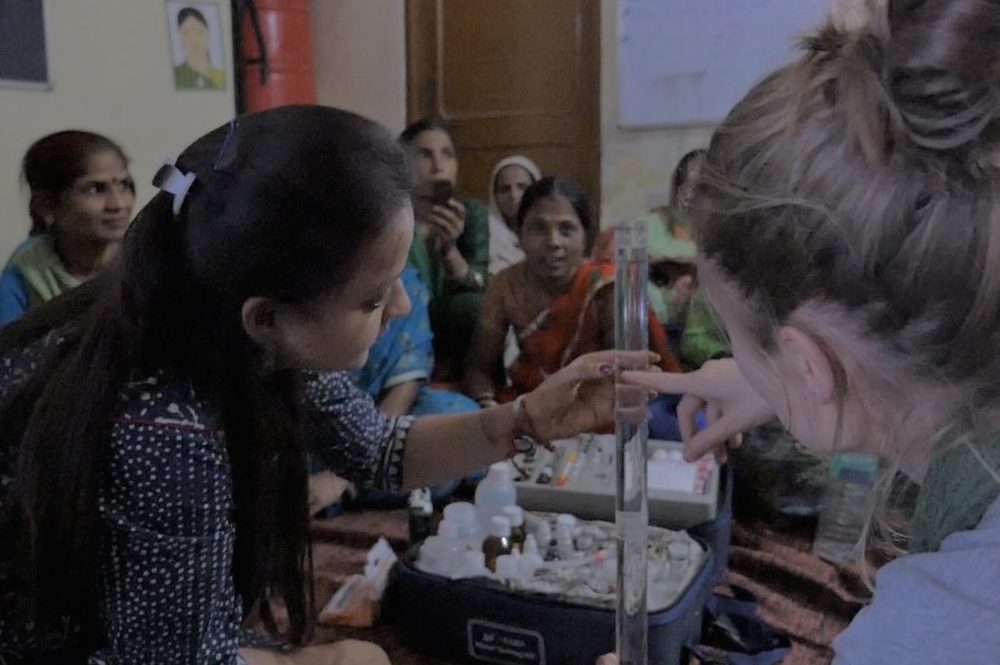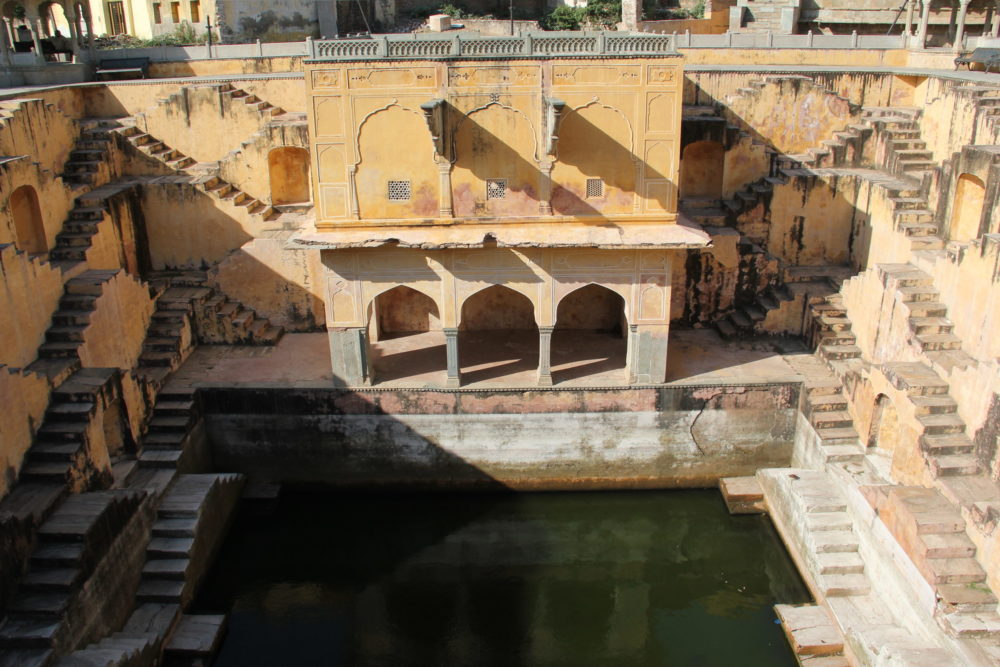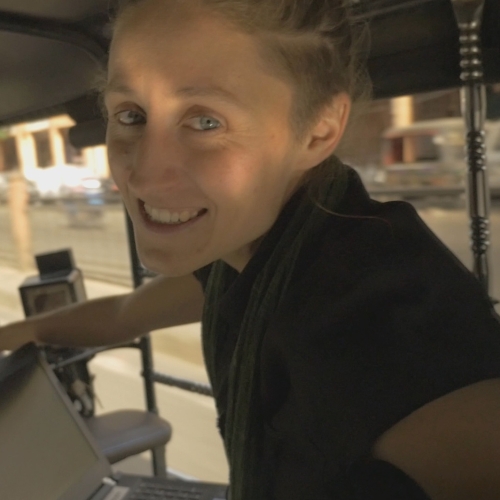Past Project
In the field of hydrogeology, little attention is paid to social-cultural and political-structural conditions. While there have been holistic approaches in the related field of hydrology for decades, investigations on the topic of groundwater to this day are generally limited to natural scientific aspects. In times of climate change and a growing population, new strategies for adapted water management must be developed so that approaches to solutions are not only created by “water scientists” but also understood and accepted by the users and stakeholders.
However, practical cooperation poses numerous challenges for hydrogeologists and social scientists, as their approaches to water problems are very different. A mutual understanding of the complexity of both hydrogeological conditions and social structures is a prerequisite for successful cooperation. This is where my research comes in:
Part 1: New focus within hydrogeological research and work
- Apart from hydrogeological data, which information on a research area is necessary to avoid conflicts and to work in a holistic way and efficiently towards a sustainable and accepted solution?
- Which methods are available to collect this information, when and how should they be used, and which challenges are to be expected?
- How can participatory work be prepared and carried out?
- How can hydrogeology students and seniors be prepared to work interdisciplinary and to achieve a mutual understanding with social scientists?
Part 2: Knowledge exchange (hydrogeological) expert – local groups
- What minimal hydrogeological knowledge is necessary to enable local groups to independently study and assess the status of the groundwater they use and to think about solution strategies?
- How much technical knowledge can be transferred to non-experts?
- How can this knowledge be transferred sustainably?
- How can a knowledge exchange happen? How can hydrogeologists be prepared to consider non-expert knowledge? And how can this knowledge be incorporated into the research/work?
On this background, I’m developing a method catalogue of socio-hydrogeology which can be used by hydrogeologists in order to 1) understand the people they are working with or for, 2) to be able to communicate with them, 3) to include them and their perspectives into groundwater research and work and 4) to work effectively together with social scientists/ in an interdisciplinary way. The catalogue will include methods applicable in different social, cultural and educational contexts.
Additionally, I am focusing on the education of hydrogeologists. I have designed a seminar with the title “Social science methods for hydrogeologists”. It includes standard methods, communication strategies and examples from case studies.
Funding: Geo.X network, in frame of the Geo.X Young Academy in the funding line Geo.Society.
Output
Frommen, T. & Moss, T. (2021) Pasts and presents of urban socio-hydrogeology: groundwater levels in Berlin, 1870-2020. (submitted to „Water“, July 2021)
Frommen, T. & Ambrus, K. (2021) Pani Check – The Sisterhood of Water: A Transdisciplinary Documentary Film Project. In: Abrunhosa et al. (eds) Advances in Geoethics and Groundwater Management: Theory and Practice for a Sustainable Development. Springer International Publishing, Heidelberg.
Frommen, T. & Ambrus, K. (2021) Pani Doctors – Join the Sisterhood of Water: A Participatory Film Project and an Educational Musical. In: Abrunhosa et al. (eds) Advances in Geoethics and Groundwater Management: Theory and Practice for a Sustainable Development. Springer International Publishing, Heidelberg.
Rangecroft, S., Rohse, M., Banks, E., Day, R., Di Baldassarre, G., Frommen, T., Hayashi, Y., Höllermann, B., Lebek, K., Mondino, E., Rusca, M., Wens, M. & Van Loon, A. (2020) Guiding principles for hydrologists conducting interdisciplinary research and fieldwork with participants. Hydrological Sciences Journal, https://doi.org/10.1080/02626667.2020.1852241.
Lebek, K., Frommen, T. & Krüger, T. (2020) How and why to walk the bridge between the social and the natural:Human-water perspectives from above and below the ground. In: Bronstert, A. et al. (eds) Hydrologie: Verbindung der Umweltsphären und –disziplinen, Tag der Hydrologie, Potsdam, Forum für Hydrologie und Wasserbewirtschaftung Heft 42.20.
Nachhall Podcast (2021), Nachhaltigkeitsbüro der Humboldt-Universität zu Berlin: Spezial: Pani Check – Dokumentation eines partizipatives Wassermanagementprojekts in Indien, mit: T. Frommen und K. Ambrus. Dauer: 45:17 Min.
KOSMOS On Air (2021): Ein heutiger Blick auf die Landnutzung Südamerikas und was das mit uns zu tun hat, mit: Dr. María Piquer-Rodríguez, Latinamerika-Institut (LAI) der Freien Universität Berlin und Geographisches Institut der Humboldt-Universität, Geo.X Young Academy Fellow und Dr. Theresa Frommen, Integratives Forschungsinstitut zu Transformationen von Mensch-Umwelt-Systemen, Geo.X Young Academy Fellow. Dauer: 31:03 Min.
Winter term 2020/21 & 2021/22: Seminar on Socio-Hydrogeology for M.Sc. Hydrogeology at Freie Universität Berlin.
Summer term 2020 & 2021: Study Project on Socio-Hydrology for B.Sc. Geography at Humboldt-Universität zu Berlin.
Summer term 2021 & Winter term 2021/22: Geo.X Young Academy Lecture Series 2021 – Introduction to Social Sciences for Natural Scientists.





